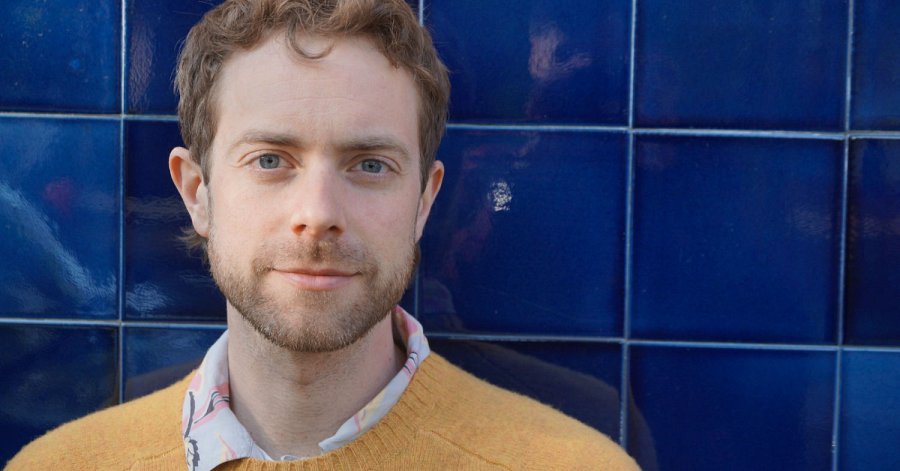Andrew Champlin is a dancer, teacher, researcher, and multimedia artist born in Portland, Oregon, The United States, and based in Berlin.
He studied ballet, flamenco, and Russian character dance at Oregon Ballet Theatre and The School of American Ballet, in addition to summer intensives at Pacific Northwest Ballet, Boston Ballet, San Francisco Ballet, and American Ballet Theatre. He continued his dance studies in contemporary dance and improvisation alongside training in sociology at The New School University, where he earned a Bachelor degree in Liberal Arts. After participating in a variety of movement and repertory workshops at Movement Research, The American Dance Festival, The Merce Cunningham Trust, and ImPulsTanz, he relocated to Europe and earned a masters' degree in Choreography from Stockholm University of the Arts with a specialization in performative practices. In 2021, his interdisciplinary scholarship continued through the PEERS program for emerging artistic researchers at Zurich University of the Arts, and in 2022 he became a doctoral candidate at the University of Applied Arts Vienna in the Artistic Research PhD.
Since 2007, Andrew has worked as a performer, presenting in a variety of venues ranging from professionalized to self-organized spaces in the United States, Europe and China. In 2015, he was nominated for a New York Dance and Performance Bessie Award for Outstanding Performer for the work Polly Pocket by Jillian Peña, which was awarded the Prix Jardin d’Europe in 2014. He has worked with a variety of artists in visual art and dance, such as Xavier le Roy, Miguel Gutierrez, Heather Kravas, David Gordon, Ryan McNamara, Pam Tanowitz, Madeline Hollander, and Brigitte Wilfing, and performed in the repertory of George Balanchine, Paul Taylor, Merce Cunningham, Jose Limón, Laura Dean, and Sir Frederic Ashton.
Andrew’s artistic practice questions how the deconstruction of one’s bodily inscriptions can lead to radical reimaginings of community, art and education. Since 2013, he has collaborated with ballet teacher Janet Panetta as her teaching assistant. His dialogues with Panetta and study of her approach to facilitating embodied knowledge from classical ballet has inspired his experiments in educational settings, where he tests how disciplinary standards can be disrupted in service of queer feminist and de-colonial values. His current research, art and education practices reflect this embodied inquiry, which he has been sharing as a guest lecturer, teacher and co-facilitator at institutions including The New School University, Stockholm University of the Arts, Zurich University of the Arts, The University of the Arts / HZT Berlin, Cullberg, Tanzquartier Vienna, ImPulsTanz, and The University of Applied Arts Vienna.
Andrew’s artistic work examines the interface of spectatorship and self-cultivation. He explores this relationship in exhibitions using choreography, text, fine arts, and video.
16.04.2023
